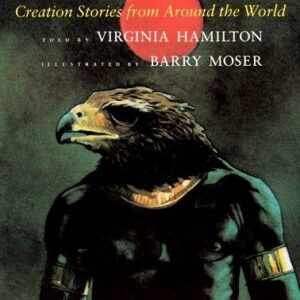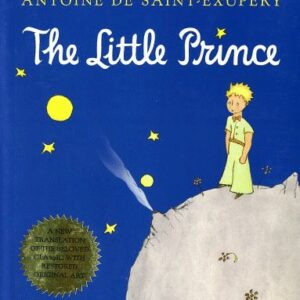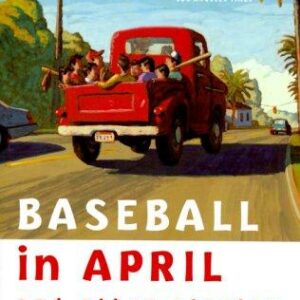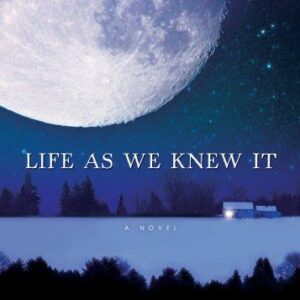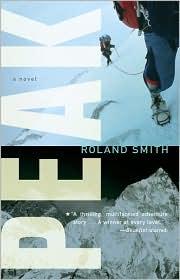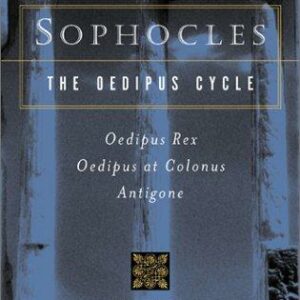0 ITEMSView cart
Ecosublime
$39.95
| Title | Range | Discount |
|---|---|---|
| Trade Discount | 5 + | 25% |
- Description
- Additional information
Description
Description
Explores 19th-century, modern, postmodern, and millennial texts as they portray the changing ecological face of America Lee Rozelle probes the metaphor of environmental catastrophe in American literature of the last 150 years. In each instance, Rozelle finds evidence that the ecosublime–nature experienced as an instance of wonder and fear–profoundly reflects spiritual and political responses to the natural world, America’s increasingly anti-ecological trajectory, and the ascendance of a post-natural landscape.
In the 19th century, Rozelle argues, Isabella Bird and Edgar Allan Poe represented the western wilderness as culturally constructed and idealized landscapes. Gardens, forests, and frontiers are conceptual frameworks that either misrepresent or uphold ecological space. Modernists like Nathanael West and William Carlos Williams, on the other hand, portray urban space as either wastelands or mythical urban gardens. A chapter on Charles W. Chesnutt and Rebecca Harding Davis analyzes a new breed of literary eco-advocate, educating and shocking mainstream readers through depictions of ecological disaster. A later chapter probes the writings of Edward Abbey and the Unabomber Manifesto to delve into the sublime dimensions of environmental activism, monkey-wrenching, and eco-terrorism. Explores 19th-century, modern, postmodern, and millennial texts as they portray the changing ecological face of America
Lee Rozelle is Assistant Professor of English at the University of Montevallo and publishes in scholarly journals such as Twentieth-Century Literature, Critical Studies, and ISLE.
“Ecosublime is a genuinely engaging and provocative demonstration of contemporary ecocritical practice, pushing the edges of the discipline in a variety of exciting ways. . . . Rather than arguing simply that certain contemporary authors such as Wendell Berry and Barry Lopez are extending the classical tradition of the sublime aesthetic in their recent environmental fiction and poetry, Rozelle shows how the particular forms of awe and horror that accompany the ecosublime force the human subject into radical new psychological and political stances and may serve to force not only literary characters but real-world authors and audiences to rethink their lives and their relation to the Earth.”
—Scott Slovic, editor of ISLE: Interdisciplinary Studies in Literature and Environment
—Scott Slovic, editor of ISLE: Interdisciplinary Studies in Literature and Environment
“In this brief but intriguing eco-critical analysis, Rozelle (Univ. of Montevallo) focuses on a variety of works, ranging from 19th-century writers (Edgar Allan Poe, Isabelle Bird) to postmodern and millennial work including the television series Twin Peaks and the Unabomber Manifesto. Rozelle begins by defining the 'ecosublime,' which he says derives from a Kantian, rather than a Burkean, understanding of the awe and terror inspired by contact with nature. The ecosublime is a balance between apprehension of uncertainty and comprehension of potential environmental unity. Tracing the experience of the ecosublime through increasingly technological, depletionist, and globally aware time periods, the author illustrates the ways in which experiences in a rapidly changing world lead characters either to a spiritual or political awakening concerning the fragility of the world, or to terror and fragmentation. Rozelle is interested in creating criticism that leads beyond deep understanding all the way to advocacy. Experiencing the ecosublime, he argues, has the potential to lead the reader through intellectual enlightenment to direct action–action that is necessary if one wishes to save the world from acts of ecocide, including strip mining, overdevelopment, and toxic spills. Recommended.”
—CHOICE
—CHOICE
Additional information
| Dimensions | 1 × 6 × 9 in |
|---|


